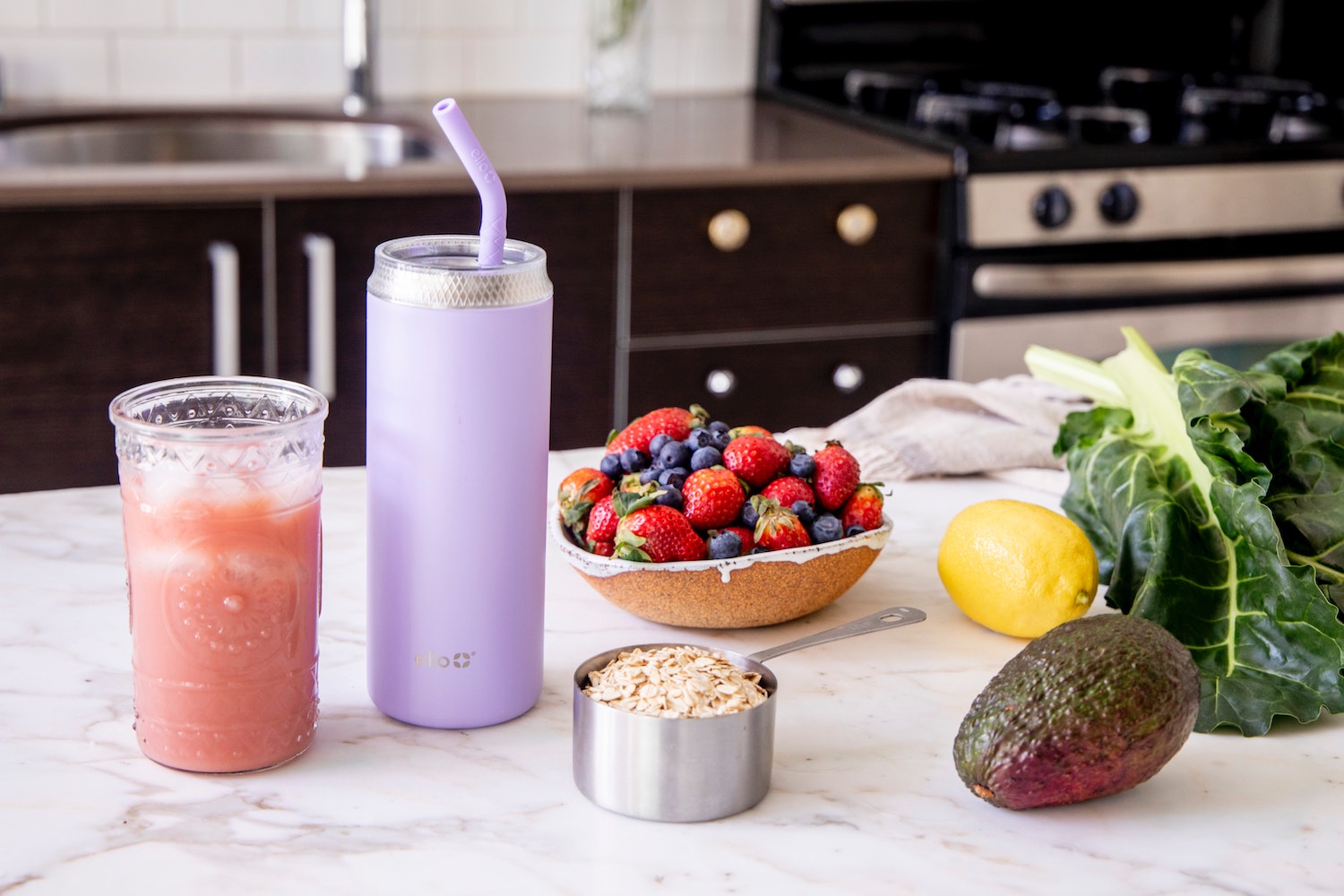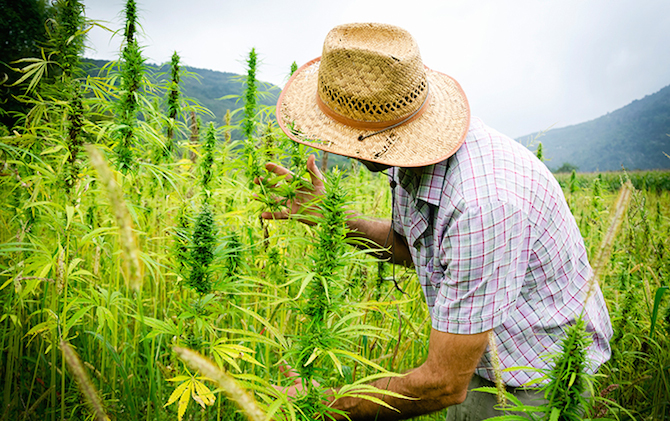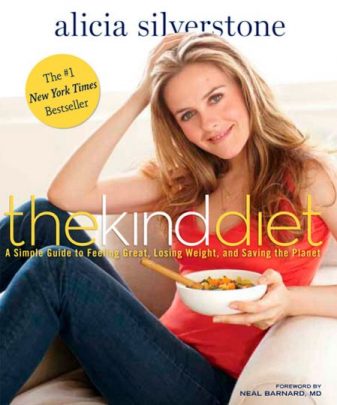It’s in our air, water, plants, animals, grains, vegetables, and meats. It’s in beer and wine, children’s breakfast cereals, snack bars, and mother’s breast milk. It’s even in our vaccines. Glyphosate, better known as Bayer-Monsanto’s Roundup herbicide, is classified as a probable human carcinogen, and yet, never in history has a chemical been used so pervasively. But how?
What is Glyphosate?
Monsanto, now a subsidiary of Bayer, is an agrochemical and agricultural biotechnology corporation, and maker of the weedkiller Roundup. The product has been linked to cancer, such as Non-Hodgkin’s Lymphoma and Multiple Myeloma. There have been more than 18,000 cases filed nationwide against Monsanto regarding Roundup. In 2019, a jury in California ordered Bayer (it acquired Monsanto in 2018) to pay $2 billion in damages after finding Monsanto had failed to adequately inform consumers of the possible carcinogenicity of glyphosate.
Glyphosate is now listed under the California Prop 65 carcinogens list. But for four decades, Monsanto concealed Roundup’s carcinogenicity by capturing regulatory agencies, corrupting public officials, bribing scientists, and engaging in scientific fraud to delay its day of reckoning.
What are Dioxins?
During World War II and the 1940s, Monsanto began creating dangerous pesticides made from dioxin and helped develop the atomic bomb. Dioxins are highly poisonous chemicals generally created during burning processes and are known as legacy chemicals. This means they are substances that don’t break down and can persist in the environment and human body for years.
Over 90 percent of human exposure to dioxins comes through food, and they tend to accumulate in fatty tissues as they are passed up the food chain. Fatty foods, mainly animal products, are major dietary sources of dioxins. Industries also use dioxins extensively in bleaching paper, manufacturing pesticides, incinerating waste, and other processes.
Additional concerns have been raised about dioxins in women’s sanitary products, especially tampons. Before the late 1990s, chlorine was used for bleaching in tampon production, and dioxin levels were higher. Some dioxins are suspected carcinogens and can impair the immune system, endocrine system, reproductive functions, and nervous system. Some studies have also found that dioxins can be associated with diabetes, thyroid dysfunction, and heart diseases. The Environmental Protection Agency considers PCBs and dioxins two of the most toxic chemicals on the planet.
Monsanto’s Influence on American Life
The Monsanto company was founded in 1901. In the early years, Monsanto sold artificial food additives such as caffeine and the artificial sweetener saccharin. The company expanded in the 1920s. It created the town of Monsanto, Illinois, to avoid environmental regulations and taxes. Here, it left behind poverty and pollution. In the 1930s and 1940s, it manufactured rubber and plastics. And starting in 1935, Polychlorinated biphenyl chemicals (PCBs) were made by Monsanto in Anniston, Alabama. Parts of the Coosa River are still polluted by these “forever chemicals.”
In the 1950s, Monsanto started to force plastics into virtually every aspect of American life. It created Disneyland’s plastic “House of the Future.” Ominously, the house could not be broken down as planned. Jackhammers, shovels, chainsaws, even wrecking balls are no match for persistent plastic—foreshadowing the real future, one where omnipresent plastics and microplastics won’t break down. Meanwhile in the 1950s, along the Tennessee River, Monsanto bought a 700-acre plastic chemical factory in Decatur, Alabama, and a related nylon factory in Pensacola, Florida.
Monsanto produced chemical weapons in the 1960s. Agent Orange, a dioxin-based weapon, was used to kill or poison millions while defoliating jungles during the Vietnam War as a part of the U.S. military’s herbicidal warfare program. During the 1970s, the company made aspartame (NutraSweet). The FDA had health concerns over the artificial sweetener, but Ronald Reagan was lobbied by Monsanto, and his team approved it on his second day as President in 1980.
In 1983, Monsanto entered the Genetically Modified Organism (GMO) business. It infused glyphosate-based pesticides into seeds creating “Roundup Ready” crops. Throughout the 1990s and 2000s, it expanded its agricultural assets including pesticides, GMOs, and controlling the global seed supply. In 1993, the U.S. Food and Drug Administration suspiciously approved Monsanto’s Synthetic Growth Hormone (rBGH), which was designed to increase milk output in dairy cows. Scientists and agricultural experts expressed numerous scientific concerns. Cows injected with rBGH are often forced to produce milk under extreme strain in harsh factory farms, and rBGH has been linked to serious health problems and diseases in both cows and humans.
During a lawsuit filed in 2015 against Monsanto for its use of glyphosates, Robert F. Kennedy Jr, an attorney who sued Monsanto, stated: “The jury found Monsanto acted with malice and oppression because they knew what they were doing was wrong and doing it with reckless disregard for human life. This should send a strong message to the boardroom.”
Despite the long, horrific history, Bayer and Monsanto still create and sell these dangerous chemicals in mass quantities.
If you want to help make a difference, take these steps:
Take Action
Sign and share the petition to ban Roundup
Fight Back
If you may have been injured by Roundup, please contact Arnold & Itkin at intake@arnoldItkin.com or call 888-493-1629
Get Involved
To learn more or to support the cause, please visit and join:
Children’s Health Defense
Moms Across America
Environmental Working Group
David Whiteside is an activist and founder of the Alabama-based Tennessee Riverkeeper—a non-profit driven to protect the Cumberland and Tennessee River and its tributaries from pollution through enforcement and education.




